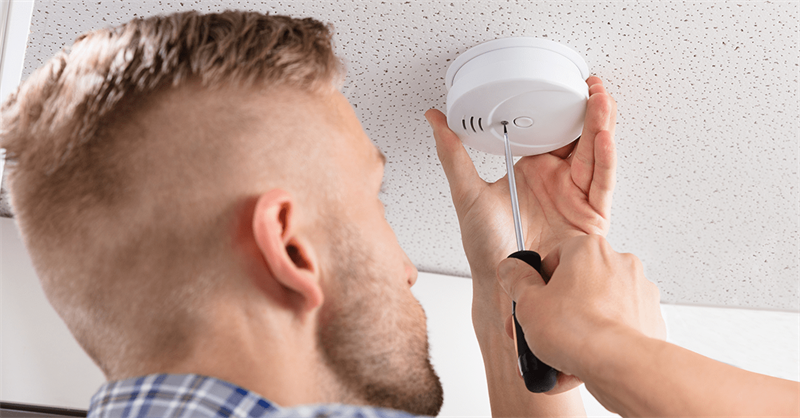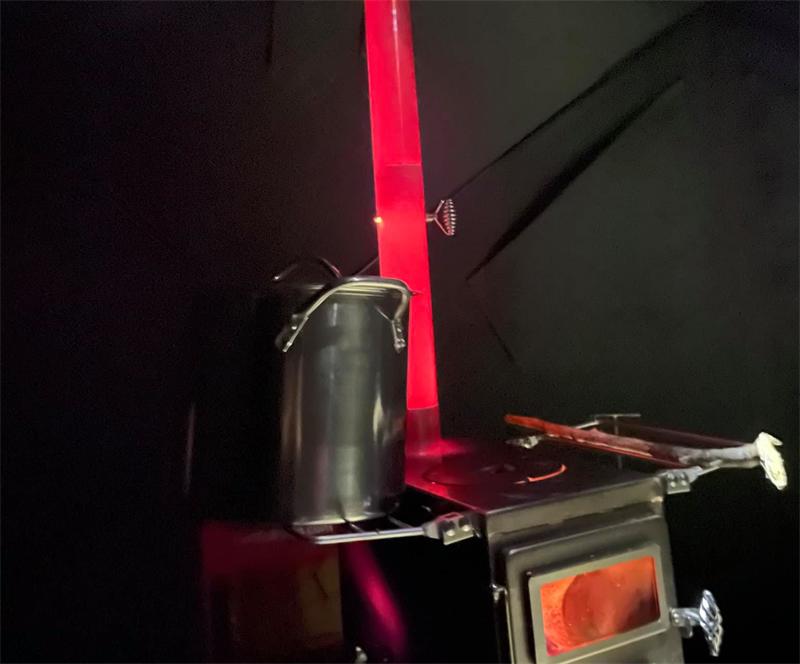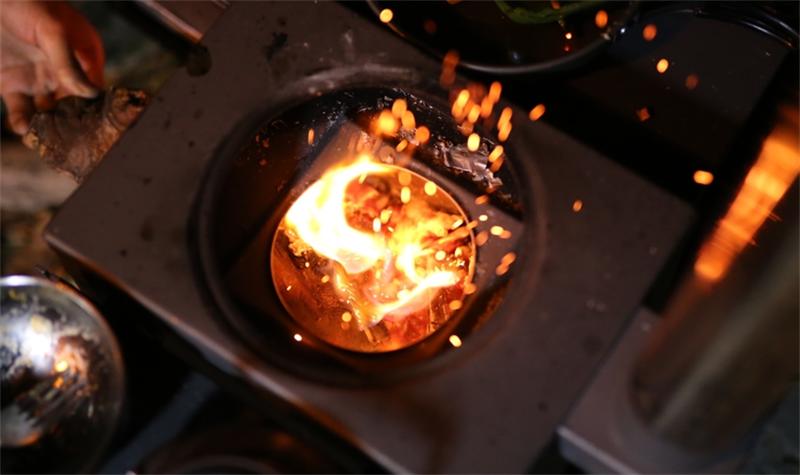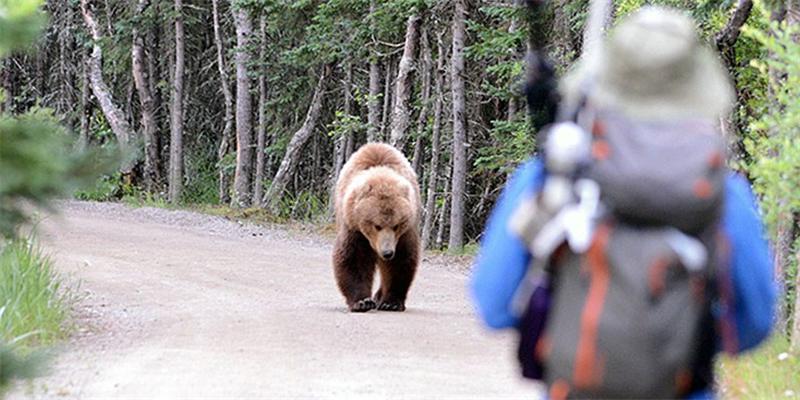Hot tent camping is a fashionable and interesting outdoor activity. Compared with ordinary tents, hot tents are equipped with stoves which makes camping no longer limited by temperature. You can realize your desire to camp in winter and have a comfortable at the same time. If you choose to camp alone, a peaceful and quiet thinking space could be enjoyed sufficiently. If you camp with your friends, you would experience various challenges together and increase mutual understanding in the process. Of course, you can also choose to share the warmth with your family in the icy and snowy nature. In fact, the safety of hot tent camping should be considered before all the advantages. Many people who are new to hot tent camping will want to be provided with a report or guide on whether the hot tent is safe or dangerous.
Is hot tent camping safe? The answer just depends on the situation. As long as you attach great importance to the hot tenting dangerous points, you will be safe when enjoying the nature. Here are some of the points that affect the safety of hot tent camping and the corresponding solutions:
Insufficient combustion of firewood will result in the production of carbon monoxide, especially in a closed or poorly ventilated space, it is easy to accumulate in the air and reach the amount of harm to organisms that require oxygen to survive. The most key factor that deserves your attention is the ventilation of the tent.

During the day, it is recommended to open the top hat and door of the tent once in a while. When you fall asleep, in order to prevent carbon monoxide poisoning, you need to use a carbon monoxide detection alarm (available on Amazon.com) to ensure that you will not inhale excessive carbon monoxide in your sleep.
First of all, when you use the stove, you’d better prepare a pair of anti-scalding gloves, and add wood through suitable tools. Not directly touching the surface of the stove will greatly reduce the risk of burns. Secondly, the stove is generally placed on the side of the tent, and when you stretch out in the tent, pay attention to the range of motion. When you sleep at night, in order to prevent accidental kicks, it will be a good choice to equip the tent with a half-inner tent, which not only properly restricts the range of activities, but also prevent mosquito bites.

The pipe of the stove will pass through the hole on the side of the tent, and it will come into contact with the tent. Generally, tents are equipped with fireproof cloth, which can effectively reduce the risk of fire. At present, some companies are designing anti-scalding belts for stovepipe. After the later mature products are launched on the market, you can consider purchasing to minimize the risk of burning the tent.
During the use of the stove, sparks may fly out of the stove. The avoidance of this item mainly depends on your operation. You have to slowly open the door to add firewood and carefully treat stove ash with a tool.

When the hot tent camping encounters rainy weather, if the temperature in the tent is suitable, it is recommended to extinguish the burning of the charcoal fire in the stove, retract the stove tube into the tent, and put down the cloth on the small holes of the tent. If the temperature is too low, you may consider filling some anti-scalding materials in the gap between the stovepipe and the tent, but it can only prevent light rain.
When camping in a hot tent in the wild, using the stove to make yourself a cup of hot coffee or something else will be very nice, but the smell may also attract bears. You can investigate at the beginning and choose a location where there are no traces of wild animals. Otherwise, you just choose to carry vacuum-packaged ready-to-eat food that does not require cooking.
